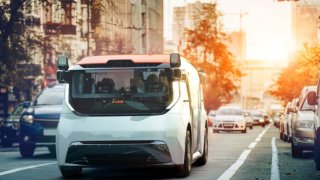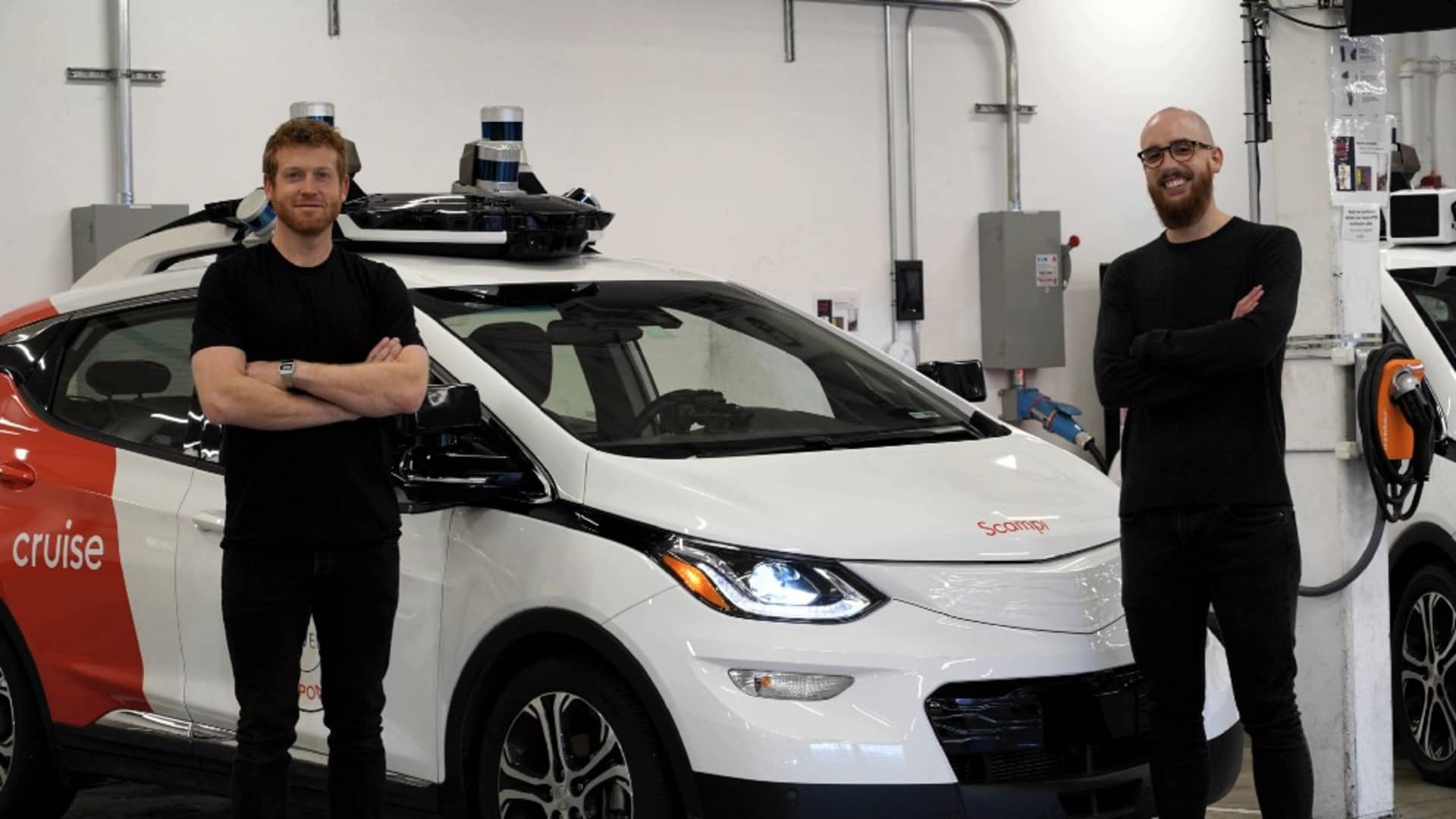
- Cruise CEO Dan Ammann said the company expects "to scale the business rapidly."
- Commercializing driverless vehicles has been far more challenging than many predicted even a few years ago. Previous goals also have been missed.
DETROIT – Cruise, General Motors' majority-owned autonomous vehicle subsidiary, is targeting a fleet of at least 1 million self-driving vehicles by 2030.
During a GM investor event Wednesday, Cruise CEO Dan Ammann showed a graphic of the division's "exponential Cruise fleet ramp." The graph pointed to Cruise scaling its operations 1 million or more vehicles by the end of the decade.
"We expect to scale the business rapidly," Ammann said during the presentation at the first of two days of investor meetings that concludes Thursday.
Feeling out of the loop? We'll catch you up on the Chicago news you need to know. Sign up for the weekly Chicago Catch-Up newsletter here.
Ammann did not specifically discuss the 2030 target, but a Cruise spokesman confirmed "that's where the company believes it can be."
To achieve such a lofty goal, the company would need approval from federal and state officials, which are in the early days of regulating the testing and deployment of such vehicles.
Money Report
Cruise has been testing robotaxis in San Francisco for several years. Ammann said Cruise expects to begin charging customers for rides as early as next year, pending a final permit from California.
The company last week was granted the fifth of six permits needed to commercialize a self-driving ride-hailing fleet in the state. Google's Waymo also was granted a similar permit, but it requires the vehicles to have back-up safety drivers.
Cruise plans to scale its fleet in the U.S. and internationally. Earlier this year, the company signed an agreement with Dubai's roads and transport authority to be the exclusive provider for self-driving taxis and ride-hailing services through 2029, which would assist in the ramp-up.
Ammann said Cruise expects to quickly lower the cost of ride-hailing from about $5 a mile today to $1.50 a mile by removing the driver.
Cruise's test fleet is composed of hundreds of custom Chevrolet Bolt EVs equipped with driverless technology. That fleet, which it plans to launch operations with, will continue to expand until a purpose-built autonomous vehicle called the Origin is expected to be produced by GM beginning in early 2023.
Commercializing autonomous vehicles has been far more challenging than many predicted even a few years ago. Previous goals also have been missed.
Cruise was expected to launch a ride-hailing service for the public in San Francisco in 2019. The company delayed those plans that year to conduct further testing.
Tesla CEO Elon Musk previously promised to commercialize autonomous vehicles, including 1 million robotaxis by now. The company currently has none.

GM acquired Cruise in 2016. Since then, it has brought on investors such as Honda Motor, Softbank Vision Fund and, more recently, Walmart and Microsoft.






